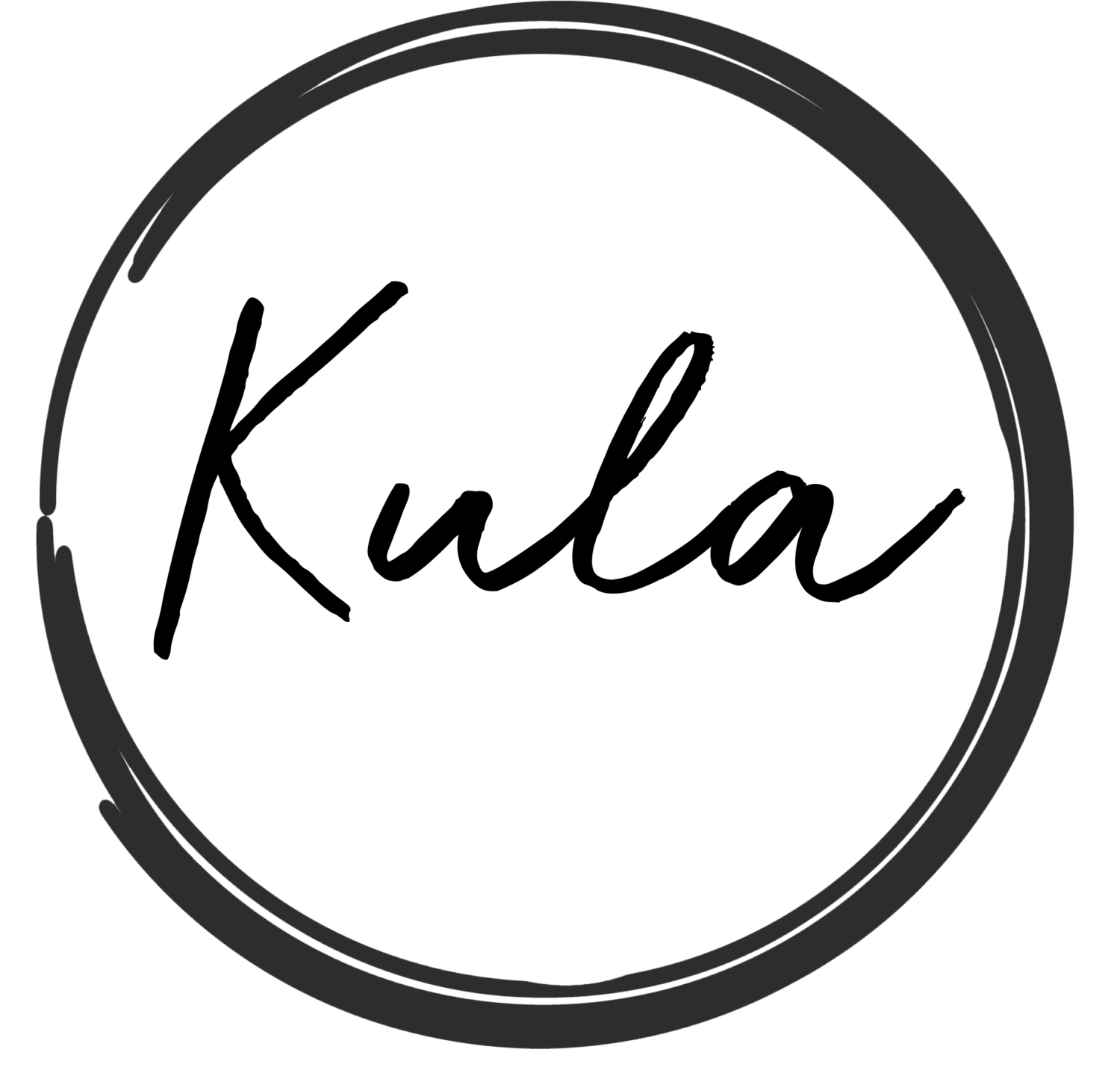What is Major Depressive Disorder?
Depression, also clinically known as major depressive disorder (MDD), is a mood disorder that is characterized by persistent feelings of sadness and a loss of interest in previously enjoyable activities. This disorder is more than sadness in that it affects multiple aspects of your life and can lead to a multitude of emotional and physical problems. Many people with major depressive disorder also consider harming themselves or feel as if life is not worth living. Depressive episodes are not something you can simply “snap out of” and may require psychotherapy treatment and/or pharmacological treatment.
How can I Differentiate Between the Blues and Depression?
While sadness is a common emotion experienced by almost all of the population at one point or another, it is typically temporary and is caused by a specific occurrence. For example, sadness is a typical reaction to difficult life events, such as missed opportunities, a fight with a loved one, disappointment, loss of a job, grief, etc. However, while a major component of depression is sadness, depression is a disorder that is more ongoing and can have significant negative impacts on daily life and functioning. Clinical depression can be chronic and have recurring episodes for years, or happen only one time. Either way, the sad mood and loss of interest must last at least two weeks or more and affect one’s functioning levels to be considered depression.
Common Symptoms of Depression:
Depressed mood most of the day, nearly every day
Irritability (especially seen in children and adolescents)
Diminished interest in nearly all activities
Significant increase or decrease in appetite
Difficulty sleeping or sleeping too much
Lack of energy
Feelings of worthlessness or guilt
Trouble concentrating
Frequent thoughts of death, suicidal thoughts, or suicide attempts
Unexplained headaches or physical pain (especially seen in older adults)
Major Depressive Disorder Treatment
Depression can be treated with medication, psychotherapy, or a combination of both. Some of the most popular types of psychotherapy treatment modalities used to alleviate depression symptoms are cognitive behavioral therapy (CBT), behavioral activation, and interpersonal therapy. Cognitive behavioral therapy focuses on adapting and adjusting negative thinking habits. Behavioral activation is structured around the idea that increasing activities that bring positive emotions can help break the cycle of depression. Interpersonal therapy concentrates on how depression impacts one’s relationships and how that in turn impacts their depression. Most therapists will use a combination of all three modalities to help the client improve their mood and energy. It is extremely important to note and remember that depression is not a weakness, nor is it a normal part of being a teenager or growing older. If you or a loved one think you may be suffering from depression, reach out to a treatment provider near you for help.
Emergency Resources
If you are considering harming yourself or think you may attempt suicide, please call 911, your local emergency number, or 988, which is the national suicide and crisis hotline.
If you believe someone you know or love is considering harming themselves, please stay with them until an emergency services provider arrives or take them to the nearest hospital emergency room.
